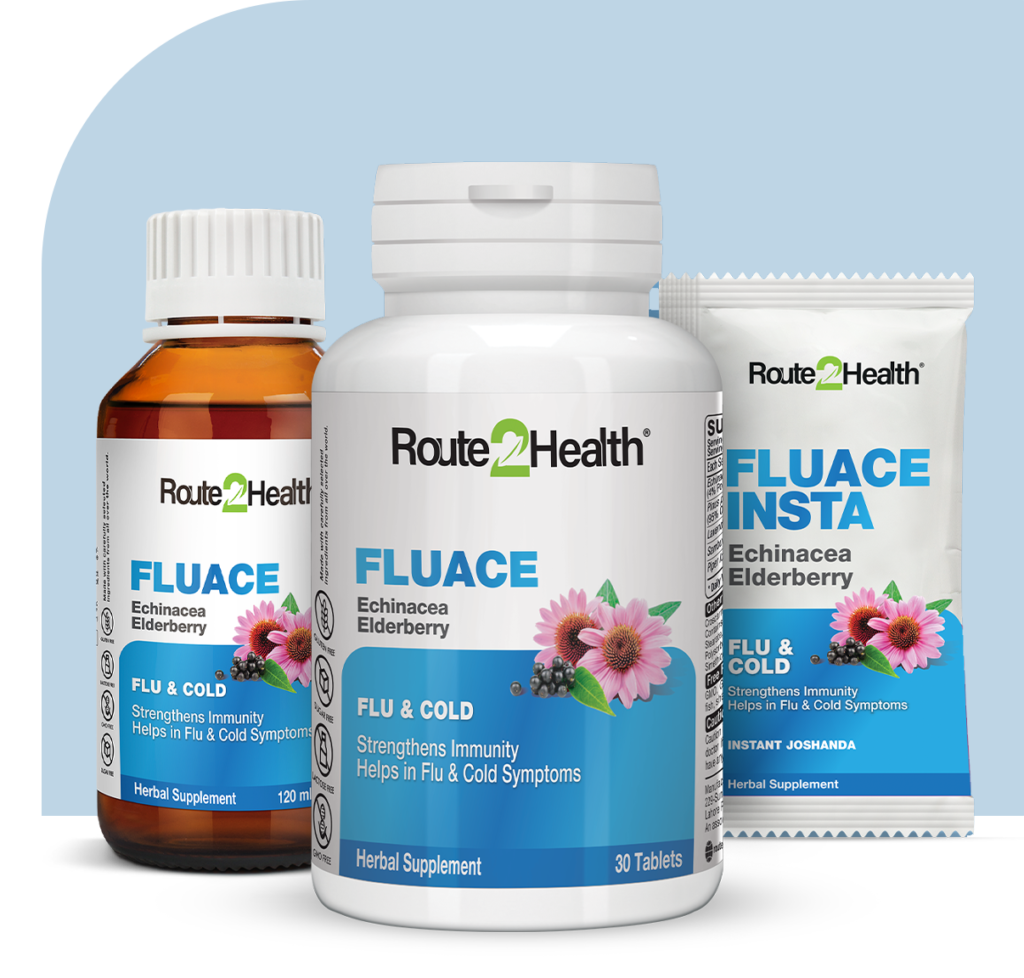
Berdi
urinary Track Health
As winter blankets the world in its chilly embrace, the season of joy also brings with it the notorious companions: colds and flu. The brisk winds and dropping temperatures create an ideal environment for these unwelcome guests to thrive, leaving us susceptible to their lingering grip.
However, fear not; armed with the right tips to avoid flu, you can fortify your defences and navigate through the winter months unscathed. In this article, we’ll delve into a treasure trove of tips to avoid flu and the common cold, helping you emerge from the season not only with frost-kissed landscapes but also with a resilient immune system ready to face whatever winter throws your way. So, grab a warm beverage, settle into your favourite blanket, and let’s embark on a journey to conquer the cold and flu season together.
Ever wonder why the flu seems to love winter? Scientists have been trying to figure it out, and there are a few reasons. Let’s break it down in simpler terms.
First off, cold weather helps the flu virus stick around longer. A study by Lowen and his team in 2007 found that the flu virus survives better when it’s cold and dry. So, in winter, the virus can float in the air and spread more easily.
In winter, we tend to huddle indoors to escape the cold. But being inside with lots of people increases the chances of catching the flu. Research shows that being in close contact with others indoors makes it easier for the flu to spread.
Lastly, winter might weaken our immune systems. Studies show that there is a link between not getting enough sunlight (which happens more in winter) and a higher risk of getting sick. They suggested that having enough vitamin D often called the sunshine vitamin, helps our bodies fight off infections better.
So, in simple terms, the flu loves winter because the cold weather helps the virus survive, being indoors with others makes it easy to catch, and our immune systems might not be as strong during the winter months. Understanding these reasons can help us take steps to stay healthy and avoid the flu during the chilly season.
If you, like many other people, spend your winters sneezing and wiping your nose, it is time you learn some effective tips to avoid flu this cold season.
Hygiene practices play a crucial role in preventing the flu by reducing the transmission of the influenza virus. Several studies highlight the effectiveness of hygiene measures in preventing the spread of flu. Here are key hygiene practices and relevant research references:
In conclusion, adopting and promoting proper hygiene practices, including handwashing, respiratory hygiene, surface cleaning, and vaccination, can significantly contribute to the prevention of flu transmission. These measures are supported by scientific evidence from various studies in the field.

Boosting immunity is one of the key tips to avoid flu during the winter months, as the immune system plays a crucial role in defending the body against viral infections, including influenza.
In summary, boosting immunity through proper nutrition, vitamin supplementation, regular exercise, and adequate sleep can contribute to reducing the risk of flu during winter. Scientific evidence supports the role of these lifestyle factors in enhancing immune function and preventing respiratory infections.

Managing your stress is one of the most important but not talked about tips to avoid flu. Effective stress management plays a significant role in preventing flu during the winter months, as chronic stress can weaken the immune system, making individuals more susceptible to infections. Chronic stress has been linked to immune system suppression. Research shows that chronic stress can compromise immune function.
Mindfulness-based stress reduction (MBSR) techniques have shown promise in improving immune function. Research suggests that mindfulness interventions can mitigate the impact of stress on the immune system. Social support can also act as a buffer against the negative effects of stress. In the same way, cognitive-behavioural stress management (CBSM) programs have been shown to enhance immune function. A study in the Journal of Biological Psychiatry demonstrates the positive impact of CBSM on immune parameters in individuals under stress.
In conclusion, managing stress through mindfulness, social support, and cognitive-behavioural interventions can positively influence immune function and reduce the risk of flu during winter.

Getting vaccinated is a powerful defence against the flu, significantly reducing the risk of infection and its potentially severe consequences. Flu vaccines work by introducing a small, weakened, or inactivated form of the flu virus into the body. This prompts the immune system to produce antibodies, which are proteins that recognise and fight the virus.
When you encounter the actual flu virus, your immune system is already equipped to mount a rapid and effective response, preventing the virus from causing illness or mitigating its severity. Vaccination not only protects the individual but also contributes to community immunity, reducing the overall spread of the flu. By getting vaccinated, you not only safeguard your own health but also play a crucial role in creating a safer and healthier environment for everyone.

Adequate hydration is crucial in flu prevention as it supports overall immune function. Water helps maintain optimal bodily functions, ensuring that immune cells can effectively combat viruses. Proper hydration also keeps mucous membranes in the respiratory tract moist, creating a barrier against the entry of flu viruses. Staying well-hydrated promotes the efficient elimination of toxins from the body, contributing to overall health. In times of illness, fluids help alleviate symptoms such as congestion and sore throat. By prioritising hydration, you enhance your body’s resilience, making it less susceptible to flu viruses and promoting a faster recovery if infection occurs.

FluAce, with its unique blend of natural ingredients, presents a comprehensive approach to both avoiding and treating seasonal flu.
Together, these components create a synergistic formula that not only helps prevent the flu by boosting immunity but also offers relief and support during the flu season. So let FluAce help you avoid flu this cold season and enjoy your winter sneeze-free.
The flu vaccine is designed to protect against the most common strains circulating each season. While it may not cover all strains, it significantly reduces the risk of severe illness.
While natural remedies can support your immune system, they are most effective when combined with other preventive measures, such as vaccination and hygiene practices.
3. How often should I wash my hands to prevent the spread of illness?
Regular handwashing, especially after contact with surfaces in public places, is crucial. Aim for at least 20 seconds of thorough handwashing with soap and water.
Yes, a well-balanced diet that includes immune-boosting nutrients like vitamin C and zinc can positively impact your immune system.
Monitor your health closely, practice strict hygiene, and consider consulting a healthcare professional if symptoms develop.











©2023 Route2Health®️
NTN: 2229383
AN ASSOCIATED COMPANY OF HIGHNOON LABORATORIES
STRN: 0301999937728

WhatsApp us
